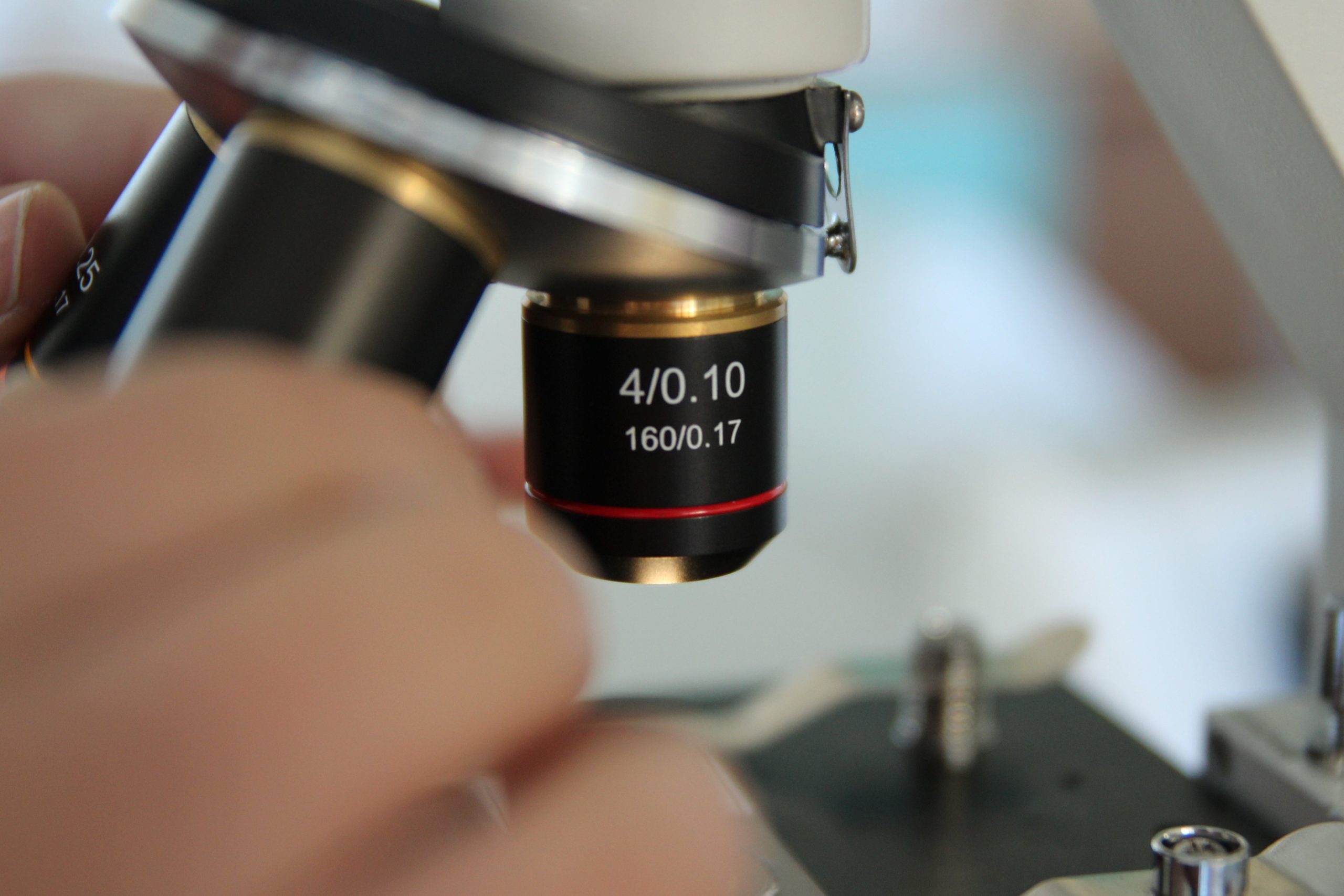Clinical Study to Assess Revolutionary Cancer Detection Technology

Imperial College NHS Trust has partnered with Zedsen in a clinical research study to validate its breast cancer detection technology.
With over 2.3 million new cases and 685,000 deaths recorded in 2020, breast cancer is the leading cause of female mortality worldwide.
Across the globe, many women may also face difficulties accessing early cancer detection and treatment due to long waiting times, high costs, lack of awareness, and societal stigmas.
To address these issues and transform the oncological landscape, the UK based medtech company have developed their novel sensing device, the Z-Scanner.
A non-invasive, portable sensing device, the Z-Scanner is equipped with 3D bioelectric sensors, that is based on the principles of electrical capacitance tomography (ECT), to detect different tissue types within the human body.
As the device does not emit ionising radiation, the device is suitable for frequent use without risk to patient safety.
According to extensive clinical and academic research, the electrical properties of malignant tissue differs greatly in comparison to health tissue.
The device is able to measure the electrical properties of objects placed within its electric field, and will be used to distinguish between healthy and potentially malignant breast tissue in patients who are experiencing breast cancer symptoms.
In an attempt to validate these claims, the Z-Scanner’s first clinical research study will commence in this month and conclude in December 2024.
It is hoped that the uptake of the Z-Scanner will reduce the costs due to unnecessary breast cancer diagnostic tests, as well as providing quantitative results accessible to those without specialist training in a timely manner.
Zedsen claim, therefore, that the device will also reduce the psychological distress from long waiting times, as well as pain from invasive testing such as mammograms and breast biopsies
Michael Lynch, CEO of Zedsen, stated: “Our Z-Scanner helps direct the right resources to the right individuals, which can streamline the expenditure on complex diagnoses and reduce potential result delays.”
“Zedsen’s technology is built to bridge entry-level gaps with its inexpensive, non-invasive, and non-ionising device that revolutionises breast cancer diagnosis in a decentralised manner.”
Two parts of the study will thoroughly assess the technology’s capabilities
Titled “An Investigation into Dielectric Assessment of Permittivity of Cancer in Human Using a Novel Electrical Capacitance Tomography Scanner,” or “DiCECT”, the study will take place at Charing Cross Hospital and comprises 90 participants.
Of these participants, 20 will be involved in Part A, which seeks to assess whether the Z-Scanner results can be repeated and reproduced by different users and devices.
The remaining 70 participants will be involved in Part B, which will assess the Z-Scanner’s ability to differentiate between benign and cancerous lesions.
Michael Lynch, said: “This is a hugely exciting time for Zedsen, commencing the clinical research study is a major milestone for the company and for the team. We will be eagerly anticipating the outcome of the study and being one step closer to bringing our revolutionary technology to market.”
Zedsen have engaged with leading experts in the field of oncology and radiology to help incept the research study, one of whom is acting as Principal Investigator for the study.
Professor Adrian Lim, Consultant Radiologist at Charing Cross Hospital, also commented: “I am very excited about the prospect of this technology. Should it perform as well as we hope it will, it could be a gamechanger in oncological diagnostics.”

